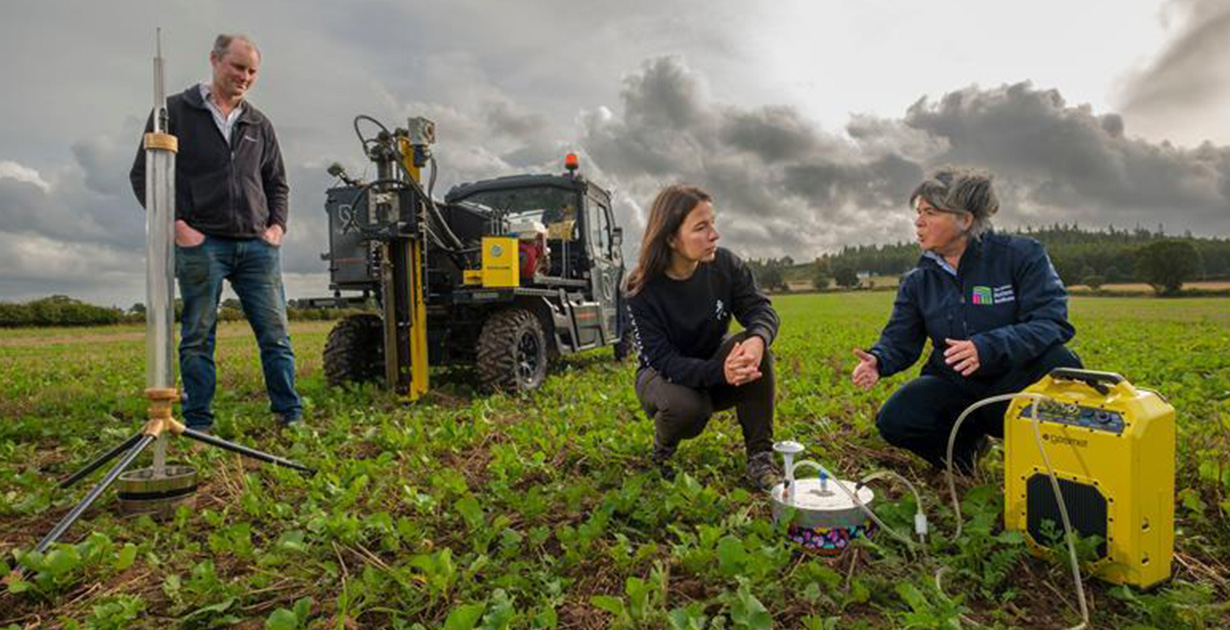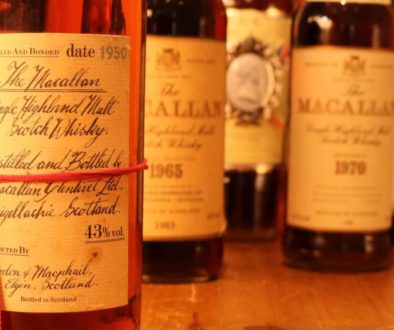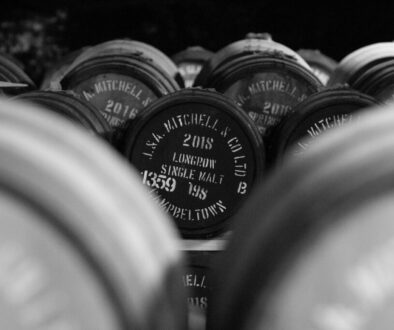The world’s largest drinks company, Diageo, has announced a new sustainability programme focusing on regenerative agriculture across its whisky and tequila brands. The programme will focus on the reduction of carbon emissions in the farming of barley, wheat, and agave.
Diageo, which owns brands such as Johnnie Walker, Don Julio, Guinness, and Talisker, also hopes to enhance biodiversity in farming areas and help farmers use adaptive practices such as crop rotations and minimum tillage in the hope of disturbing fewer areas and capitalising on the use of good-quality soil.

Twenty Scottish farms have been inducted into the programme, with Jalisco, Mexico, to follow. It is hoped that these programmes will provide education on crop resilience to the farmers in the regions so that they can adapt their practices in response to the changing climate.
The drinks giant has enlisted the help of two agriculture experts: Agricarbon and James Hutton Limited. The companies will research into soil carbon changes over time, as well as improving soil structure and studying biological activity. Such research will allow Diageo to adapt their company practices in order to reach their carbon reduction target, which was outlined in Society 2030: Spirit of Progress, Diageo’s climate action plan.
As the Scotch whisky industry is forced to reflect on its carbon usage and how we can forge a more sustainable industry, Diageo is using its platform to promote and work towards a more environmentally friendly future.
Read the full press release here.



